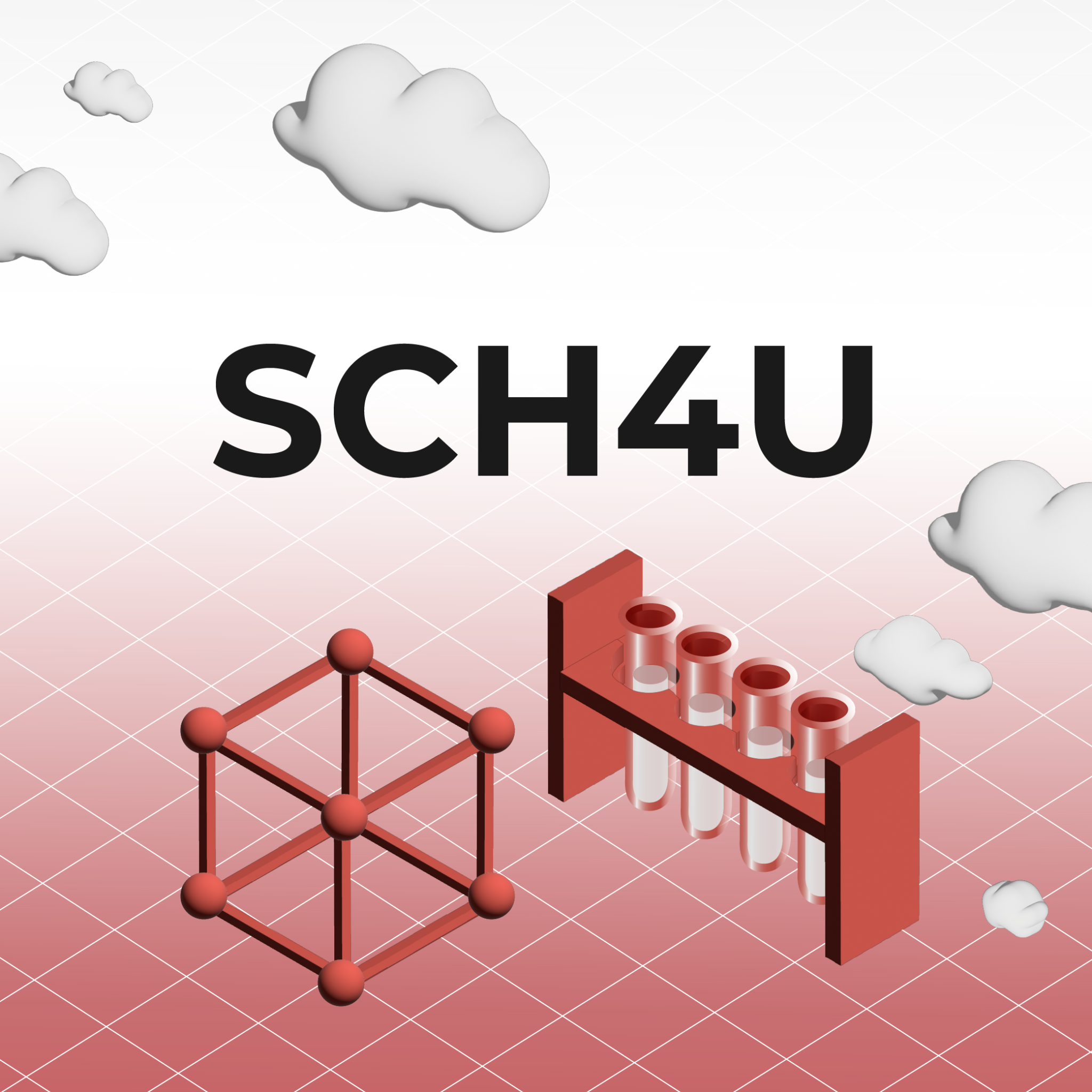
Course Title/ Grade/ Course Type: Chemistry, Grade 12, University Preparation
Ministry Course Code: SCH4U
Curriculum Document: Ministry of Education; The Ontario Curriculum, Grades 11 and 12: Science, 2008 (revised); Growing Success, Ministry of Education, 2010
Prerequisite: SCH3U, Chemistry, Grade 11, University Preparation
COURSE DESCRIPTION
This course enables students to deepen their understanding of chemistry through the study of organic
chemistry, the structure and properties of matter, energy changes and rates of reaction, equilibrium in
chemical systems, and electrochemistry. Students will further develop their problem-solving and
investigation skills as they investigate chemical processes and will refine their ability to communicate
scientific information. Emphasis will be placed on the importance of chemistry in everyday life and on
evaluating the impact of chemical technology on the environment.
Outline of Course Content
Unit 0: Careers & Lab Safety
The independent study project for SCH4U is designed for you to study a career related to chemistry on your own. You are expected to take the majority of the responsibility for the selection of the topic,
the planning of the project, and the implementation of the plans.
Unit 1: Chemical Systems and Equilibrium
In this unit, students will demonstrate an understanding of the concept of equilibrium, Le Châtelier’s principle, and solution equilibria. They will investigate the behaviour of different equilibrium systems, and solve problems involving the law of chemical equilibrium and explain the importance of chemical equilibrium in various systems.
Unit 2: Electrochemistry
Oxidation and reduction are paired chemical reactions in which electrons are transferred from one substance to another in a predictable way. The control and applications of oxidation and reduction reactions have significant implications for industry, health and safety, and the environment.
Unit 3: Structure and Properties of Matter
The nature of the attractive forces that exist between particles in a substance determines the properties and limits the uses of that substance. Technological devices that are based on the principles of atomic and molecular structures can have societal benefits and costs.
Unit 4: Organic Chemistry
Organic compounds have predictable chemical and physical properties determined by their respective structures. Organic chemical reactions and their applications have significant implications for society, human health, and the environment.
Unit 5: Energy Changes and Rates of Reaction
Energy changes and rates of chemical reactions can be described quantitatively. Efficiency of chemical reactions can be improved by applying optimal conditions. Technologies that transform energy can have societal and environmental costs and benefits.
Final Mark will be determined following percentages:
70% Determined by the evaluations conducted throughout the duration of the course:
Products – Assignments, Test, Report, Essay, Journals, Portfolio
Observations – Presentations, Debates
Conversations – Conferences with the Teacher
30% Final Exam and/or Final Culminating Activity